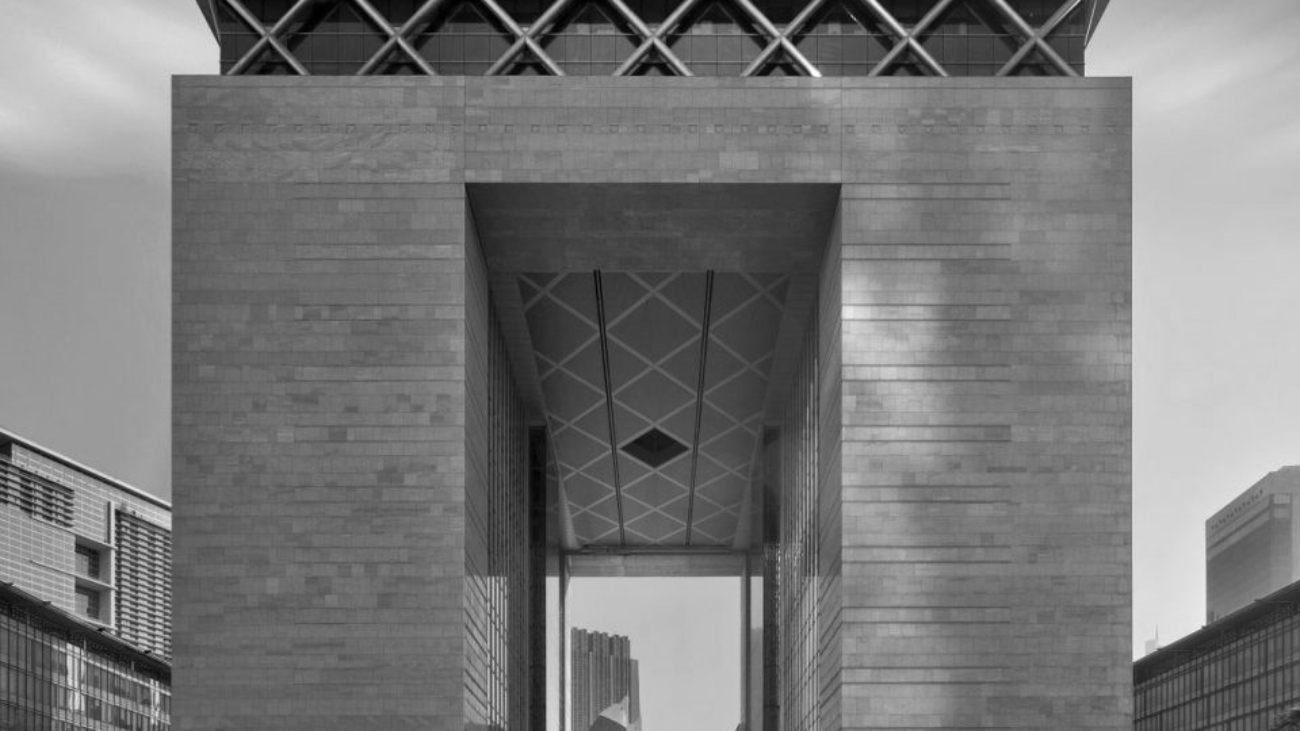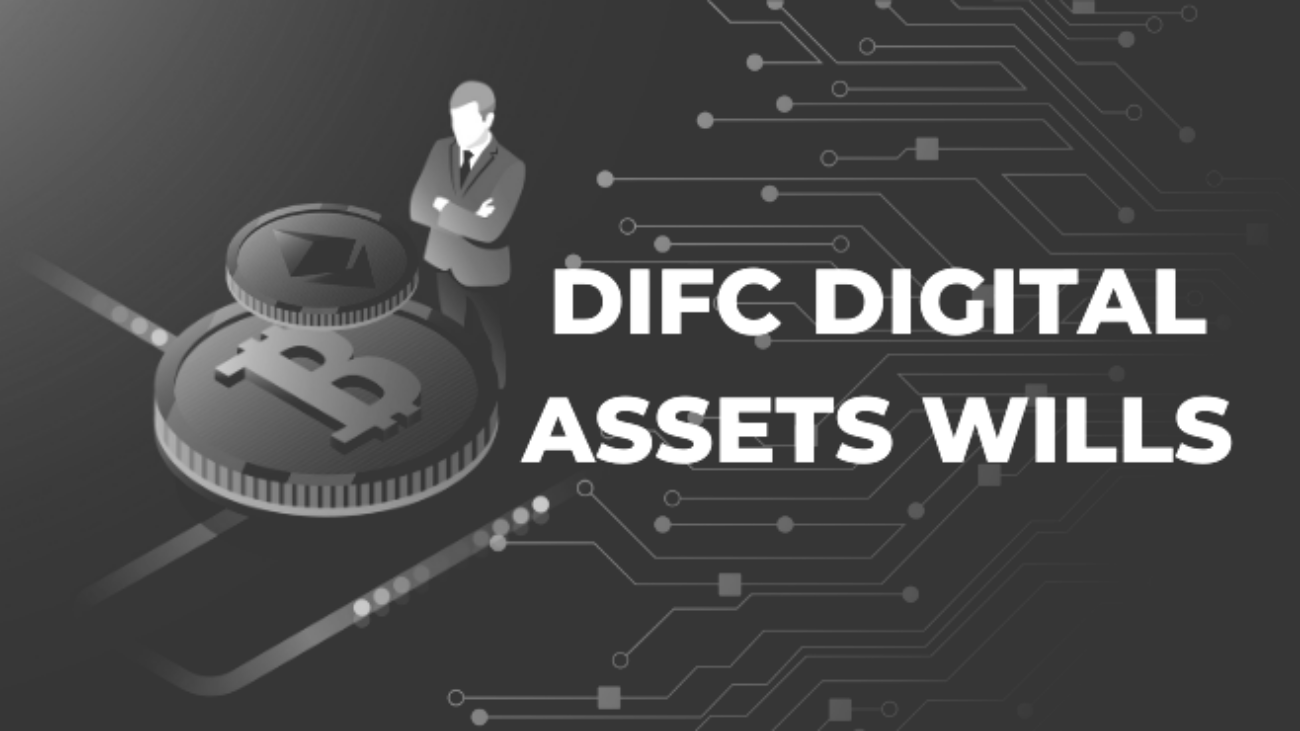On March 10, 2025, Sheikh Mohammed bin Rashid Al Maktoum issued Law No. (2) of 2025 (the “New Law”), a landmark legislation governing the Dubai International Financial Centre (DIFC) Courts. The New Law replaces the previous DIFC Law No. (10) of 2004 and Dubai Law No. (12) of 2004 (as amended) (collectively referred to as “Old Law”), marking a significant evolution in the DIFC legal framework and transforming the way disputes are resolved within the DIFC.
Key updates at a glance –
1. Expanded scope and exclusivity of Jurisdiction
- Exclusive Jurisdiction: The DIFC Courts now have exclusive authority over civil, commercial, and labor disputes involving DIFC entities, reducing jurisdictional conflicts and providing legal certainty for businesses.
- Expanded Scope: The DIFC Courts’ jurisdiction has been broadened to include claims arising out of or related to trusts, wills of non-Muslims, and arbitration-related applications, offering a more comprehensive legal framework.
2. Establishing a Mediation Services Centre
- Alternative Dispute Resolution: The New Law establishes a new Mediation Centre providing an efficient and cost-effective way to resolve disputes amicably, reducing litigation costs and thereby preserving commercial relationships.
3. Judicial Efficiency and Transparency
- Public Hearings and Judgments: The New Law mandates public access to court proceedings and judgments, enhancing transparency and accountability.
- Provisional Measures: The DIFC Courts can now issue provisional or interim orders, such as asset freezes, to protect rights effectively.
Comparison with the Old Law
| Feature | Old Law (DIFC Law No. 10/2004 & Dubai Law No. 12/2004) | New Law (DIFC Law No. 2/2025) |
| Jurisdiction | Parties may agree in writing to have civil or commercial claims or actions heard before the DIFC Courts. | Expanded to include cases with employment disputes, trusts, wills of non-Muslims, and arbitration-related applications. |
| Enforcement of Judgments | Less robust mechanisms for enforcing judgments outside the DIFC. | Improved mechanisms for enforcing judgments both within the UAE and abroad. |
| Dispute Resolution | Traditional litigation was the primary method. | Introduction of a Mediation Centre for civil, commercial, and labor disputes, offering an alternative to litigation. |
| Alignment with UAE Laws | Less emphasis on alignment with UAE federal laws. | Strengthened alignment with UAE federal laws to ensure legal harmony across jurisdictions to aid in enforcing judgements. |
| Provisional Measures | Limited ability to issue interim orders. | Empowered to issue asset freezes, disclosure orders, and other interim measures to protect rights. |
| Transparency | Less emphasis on public access to court proceedings. | Mandates public hearings and announcements of judgments to enhance transparency. |
| Arbitration Recognition | Less streamlined process for recognizing foreign arbitration awards. | Simplified process for recognizing and enforcing foreign arbitration awards. |
| Enforcement Writ | No explicit provision for Enforcement Writs. Enforcement was based on court orders and arbitral awards. | Explicitly includes judgments, decisions, orders, arbitral awards, and settlement agreements, enhancing clarity and efficiency in enforcement procedures. |
What does this mean to you?
For parties interacting with the DIFC Courts, the New Law offers several benefits:
- Legal Certainty: Businesses have clearer guidelines on jurisdiction, reducing legal risks and enhancing contract enforcement.
- Enhanced Legal Protection: The ability to issue provisional measures provides better protection for individuals’ rights during legal proceedings.
- Efficient Dispute Resolution: The mediation centre and streamlined procedures reduce the time and cost associated with disputes.
- Enhanced Enforcement: The New Law strengthens the enforcement of judgments, including the ability to execute judgments against assets outside the DIFC.
- Increased Transparency: Public access to court proceedings ensures that justice is not only served but also seen to be served.
In conclusion, Law No. (2) of 2025 marks a significant step forward for the DIFC Courts, enhancing legal certainty, efficiency, and transparency. The benefits of streamlined dispute resolution and stronger enforcement mechanisms cannot be overstated and are likely to make the DIFC an even more attractive hub for international business and investment.
At Al Midfa & Associates, we offer comprehensive services tailored to meet your needs, ensuring that your rights are protected at every step of the way. Please feel free to contact us.


